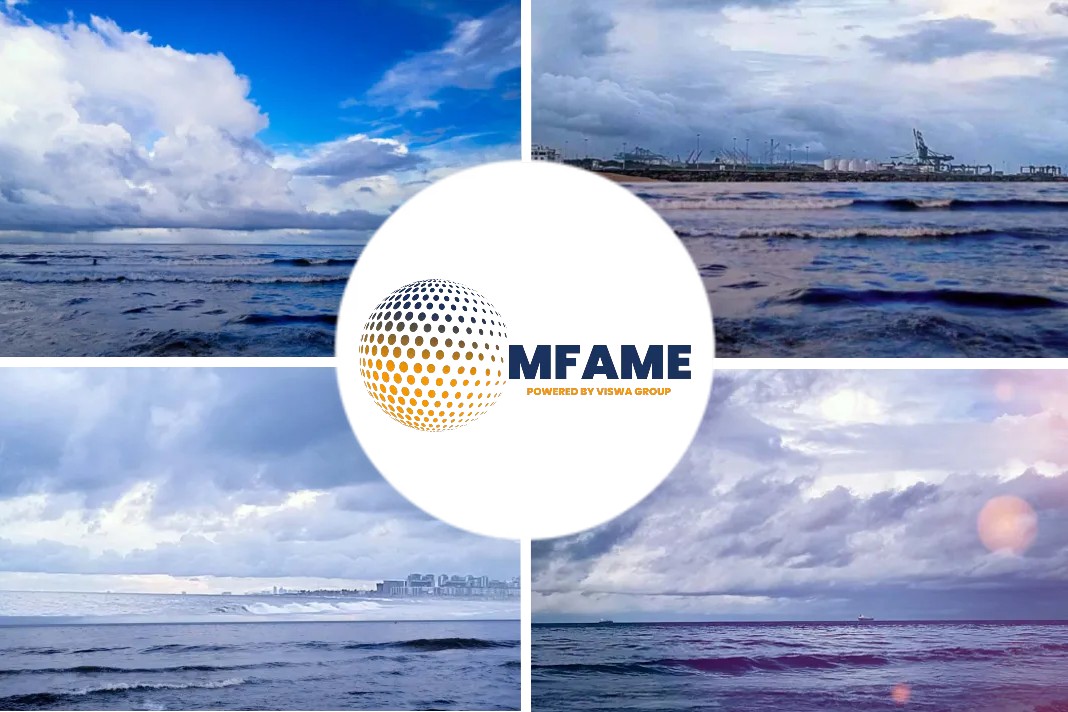Cash premiums of Asia’s 180-cst high-sulphur fuel oil rose for a fifth straight session on Tuesday to a one-month high boosted by a surge in buying interest for the lower viscosity fuel oil that is typically characterised by low trade volumes.
Window Trades
Eight cargo trades were reported in the Platts window, totalling 140,000 tonnes of 180-cst fuel oil, along with 20,000 tonnes of 380-cst fuel oil.
Vitol bought five 20,000-tonne cargoes of 180-cst fuel oil followed by Trafigura and Mercuria which each bought one 20,000-tonne cargo of the fuel.
Suppliers of the 180-cst cargoes were led by Gunvor which sold five, followed by Shell and Reliance with one each.
Hin Leong bought the only 380-cst fuel oil cargo from Vitol.
The strong buying interest for 180-cst cargoes lifted cash premiums of the fuel to 97 cents a tonne, its highest since Sept. 21.
The volume of 180-cst fuel oil changing hands on Tuesday is the highest daily traded volume for the lower viscosity fuel since at least the start of the year.
The highest traded volumes in the window for the 180-cst fuel in recent history was 80,000 tonnes on Sept. 21, data compiled by Reuters showed.
A total of 1.18 million tonnes of fuel oil have traded in the window since the start of October, against 2.262 million tonnes in September.
Tenders
India’s BPCL cancelled a tender to export 15,000 tonnes of 180-cst fuel oil from Mumbai on Oct. 25-28 for unknown reasons, industry sources said.
BPCL rarely exports fuel oil from Mumbai but sources last week said the latest offers may have been be due to issues at its product tanks in Butcher Island near Mumbai where a fire broke out earlier in the month where BPCL has eight tanks.
Taiwan’s Formosa sold up to 40,000 tonnes of 380-cst fuel oil with a maximum 4 percent sulphur content for loading from Mailiao over Nov. 2-4 to Gunvor at a discount of about $13-$18 a tonne to Singapore 180-cst quotes on an FOB basis, sources said.
Singapore Bunkers
Vopak, the world’s largest independent storage tank operator, has launched a new service that allows tankers docking at its Singapore Sebarok oil terminal to refuel while simultaneously loading or discharging cargoes.
“The new concurrent bunkering service is in line with Maritime and Port Authority of Singapore’s directive to improve port efficiency,” Vopak said in a statement on Tuesday.
Prior to this, tanker vessels were required to sail to the anchorage to receive their bunkers, the Dutch oil and chemicals storage company said, saving time for ship owners and charterers.
Did you subscribe for our daily newsletter?
It’s Free! Click here to Subscribe!
Source: Reuters















![[Watch] Crazy Power Needed to Move World’s Largest Containerships](https://mfame.guru/wp-content/uploads/2023/11/mfame-tanker-100x70.jpg)
